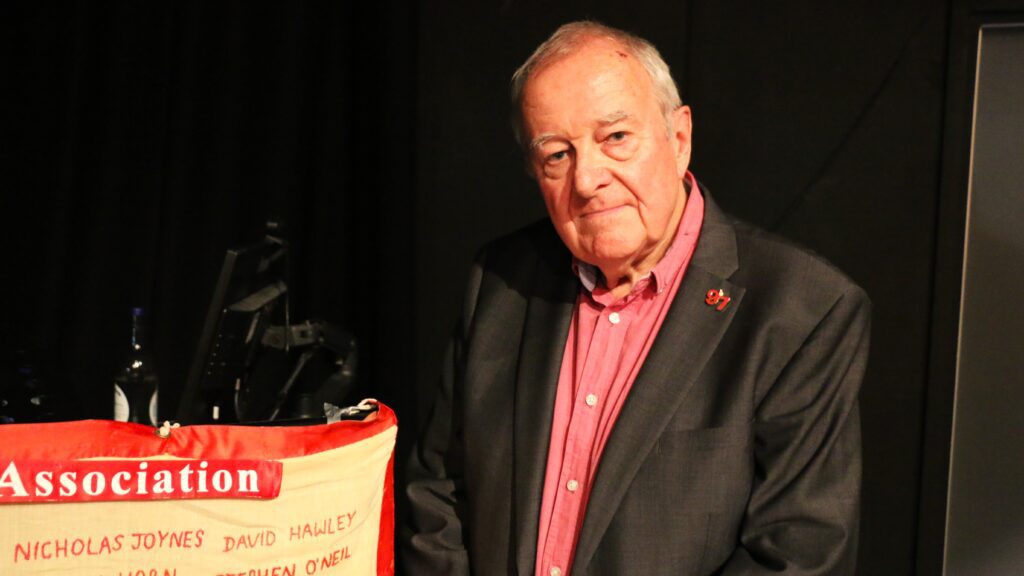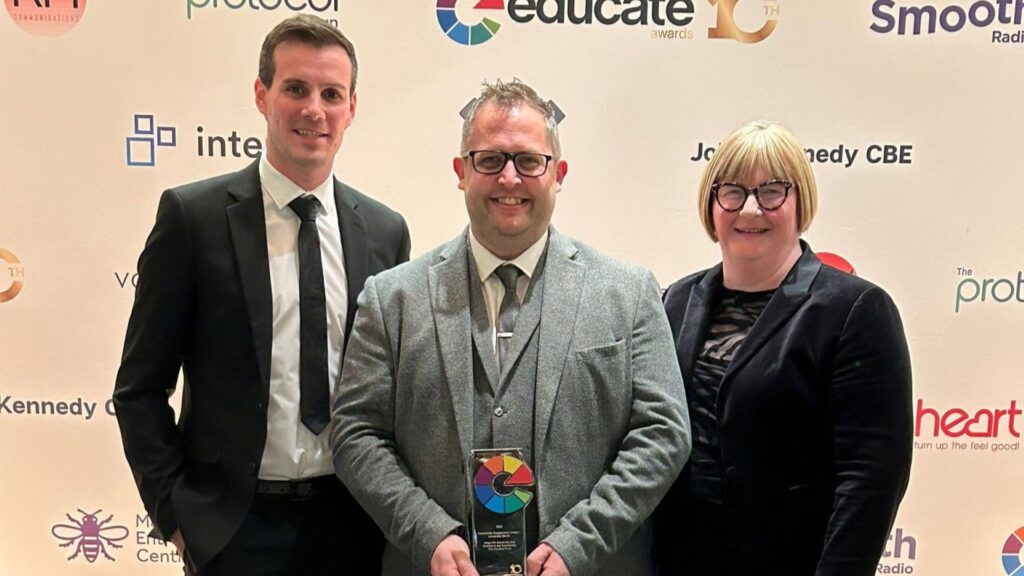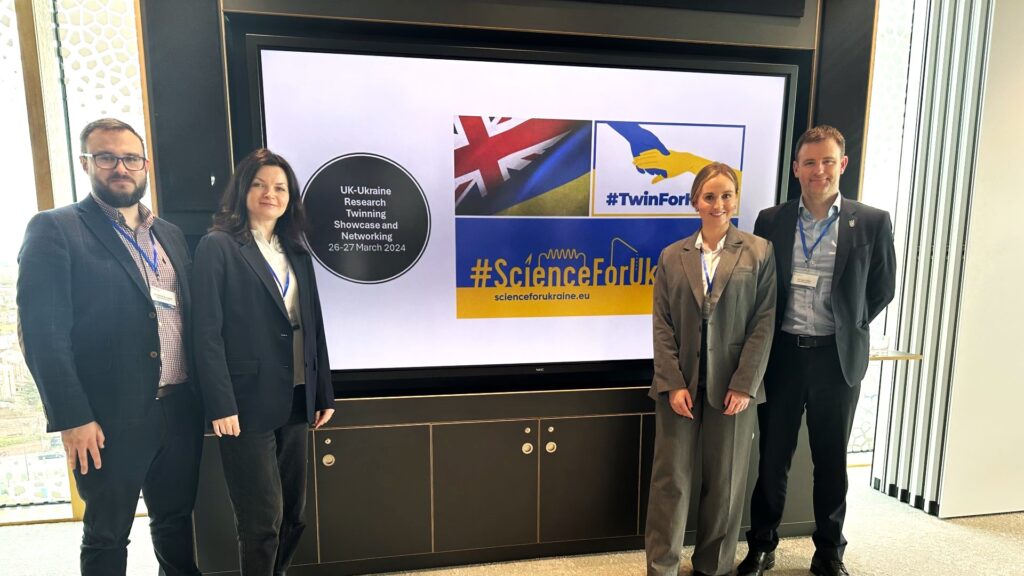Dr Ben Langley, Senior Lecturer in Sport and Exercise Biomechanics, has been exploring how the research methods we use in our sport undergraduate programmes can be adapted and applied to a range of health settings. We caught up with him to find out about the research he is involved with, and how his work with our Faculty of Health, Social Care and Medicine and Wrightington Hospital is evolving the way motion analysis is used in a variety of settings.

At Edge Hill, our top of the range specialist equipment is available to all students from day one – you won’t find any of our facilities or laboratories reserved exclusively for postgraduate or research students. We want you to gain first-hand experience and develop your specialist skills in using our world-class facilities alongside our staff throughout your degree, so that when you come to graduate, you’ll be well equipped for jobs in a wide range of sport and health care settings.
On our Sport and Exercise Science programmes, and more specifically the biomechanics components, you’ll learn all about motion analysis – measuring how people move during sport and exercise using our specialist equipment such as 3D motion capture, force plates, electromyography (EMG) equipment and triaxial accelerometry in both lab and field-based settings. Using this cutting-edge technology, you’ll learn how to maximise performance and reduce risk of injury.
Ben’s research has previously explored how different types of running shoes influence a runner’s movement patterns and also how changes in movement coordination may contribute to injury development. Ben is now applying the skills he’s developed within a sport setting in a clinical environment. Working alongside world leading orthopaedic surgeons at Wrightington Hospital and colleagues in our Faculty of Health, Social Care and Medicine, the team are looking to better understand how undergoing a total hip replacement influences the way a person moves.

“Results have been promising so far, revealing that, in contrast to what is commonly reported, a large number of total hip replacement patients may actually achieve movement patterns comparable to ‘healthy individuals’. Yet, as total hip replacement loosens, patient’s movement patterns become compromised and differ from those with fixed implants and ‘healthy individuals’. These alterations in movement patterns by those with loose hip replacements may enable the development of remote monitoring tools which can detect implant loosening, potentially even before the individual is in pain, therefore reducing the need for repeated X-ray assessments to monitor the implant. If we can achieve this long-term goal, we could have a huge positive impact on the health and wellbeing of patients who have had hip replacements.”
– Dr Ben Langley
When it comes to motion analysis in clinical settings, Ben and his colleagues are looking to develop novel means of analysing the data you will become familiar with throughout the Sport and Exercise programmes here at Edge Hill. In the Department of Sport and Physical Activity, all our staff actively take part in a number of world-leading research projects. In the Research Excellence Framework, our Sport related research came 2nd in the North west for research impact (REF 2014). As an Edge Hill student, you’ll be taught by lecturers like Ben, who are experts in their field, and your curriculum will be shaped and moulded by the most recent developments in their field. Bringing knowledge back into the classroom and encouraging students to explore their own areas of interest, and think outside the box, is something Ben is passionate about.
“Students are often surprised to find me in the labs, using the same equipment that they are using for their own research and dissertations, but that’s exactly how it should be – our undergraduate students are using top of the range facilities, because we believe that hands-on experience with industry standard equipment sets them up perfectly for their graduate career or further research.”
Sport and Exercise Science graduates are well aligned to careers in Sport and Exercise Science, Performance Analysis, Sports Coaching, Teaching, Cardiac Rehabilitation, Strength and Conditioning, and Gait Analysis. And with the opportunity to blend what we know about sport and physical activity with clinical learning, the possibilities for the future are endless.
May 10, 2022


